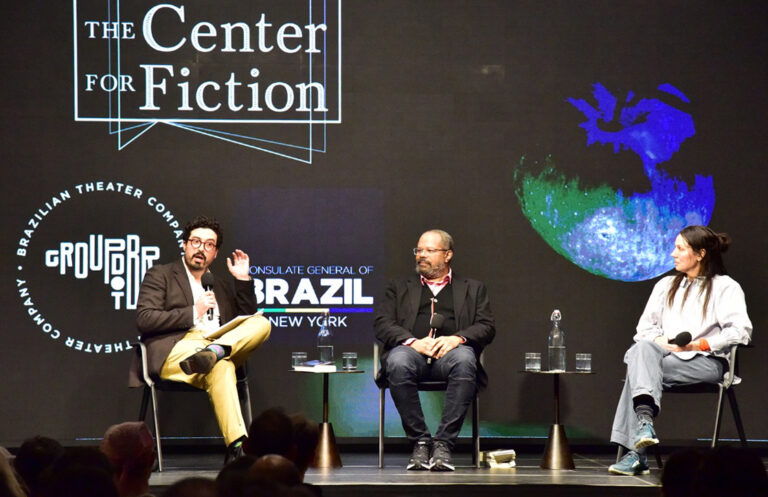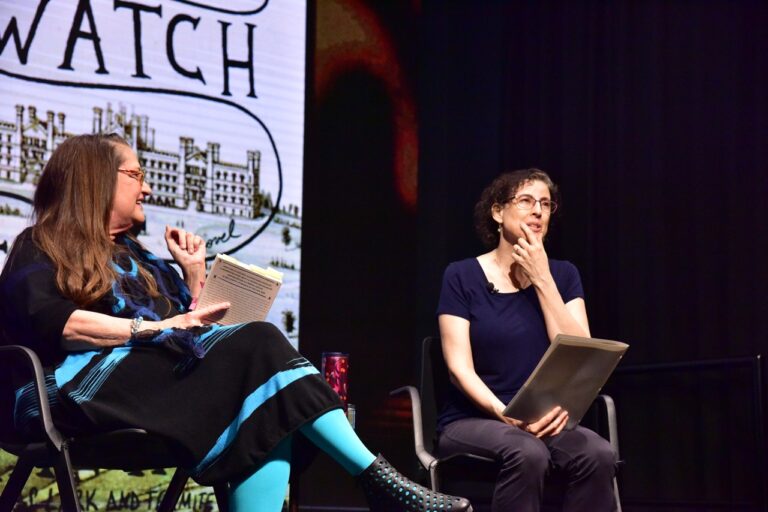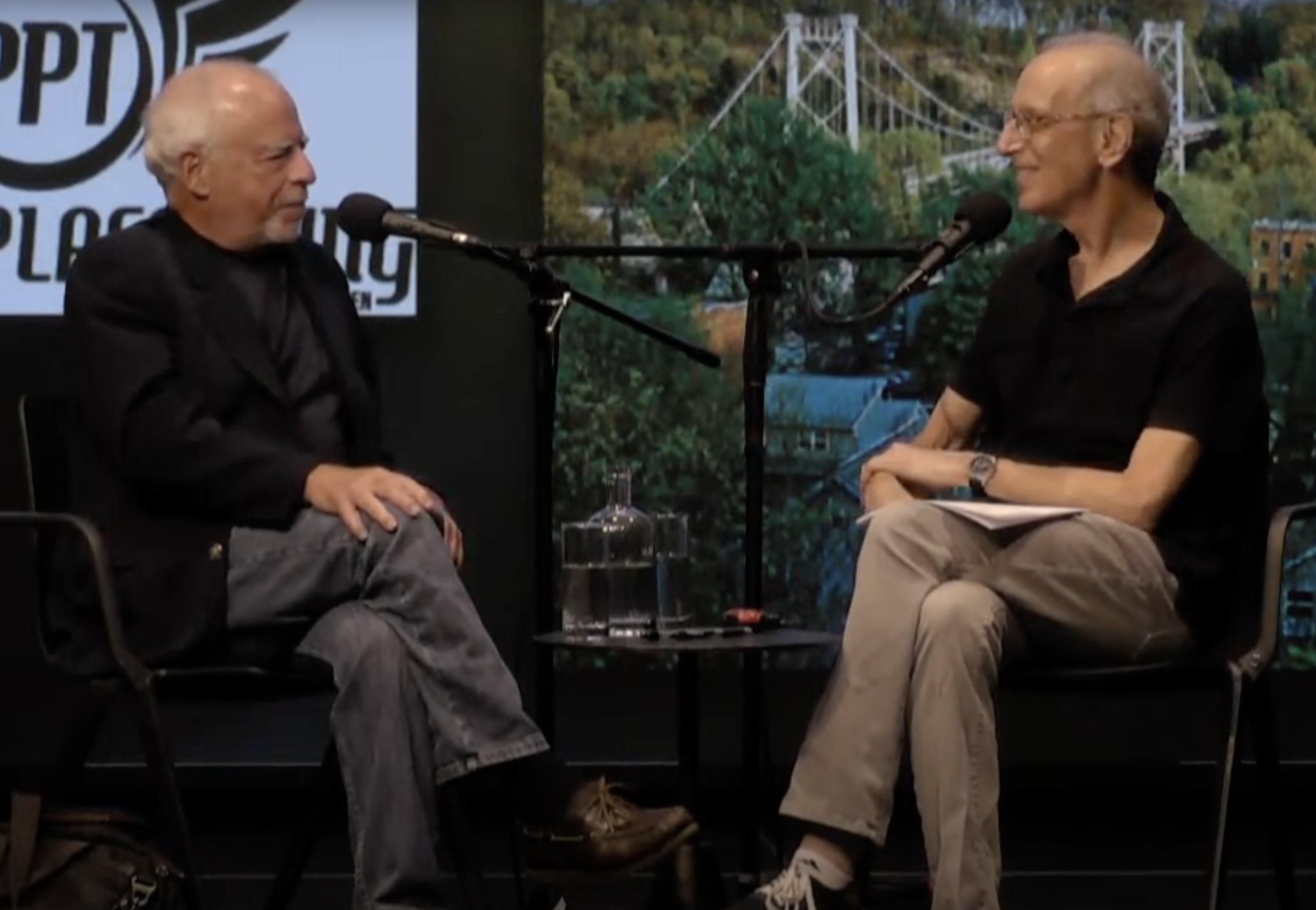Chilean authors Lina Meruane (Nervous System) and Nona Fernandéz (The Twilight Zone) came together for a discussion about the new generation of Latin American women writers to which they both belong. Meruane and Fernandéz wrote their latest books with an eye toward the current political convulsions in Chile, exploring the unrest through cosmological fiction elements. They discussed their new and forthcoming titles, their careers, and feminist writing with interpreter Natasha Wimmer, who translated Fernandéz’s Space Invaders.
Featured Books
-
.
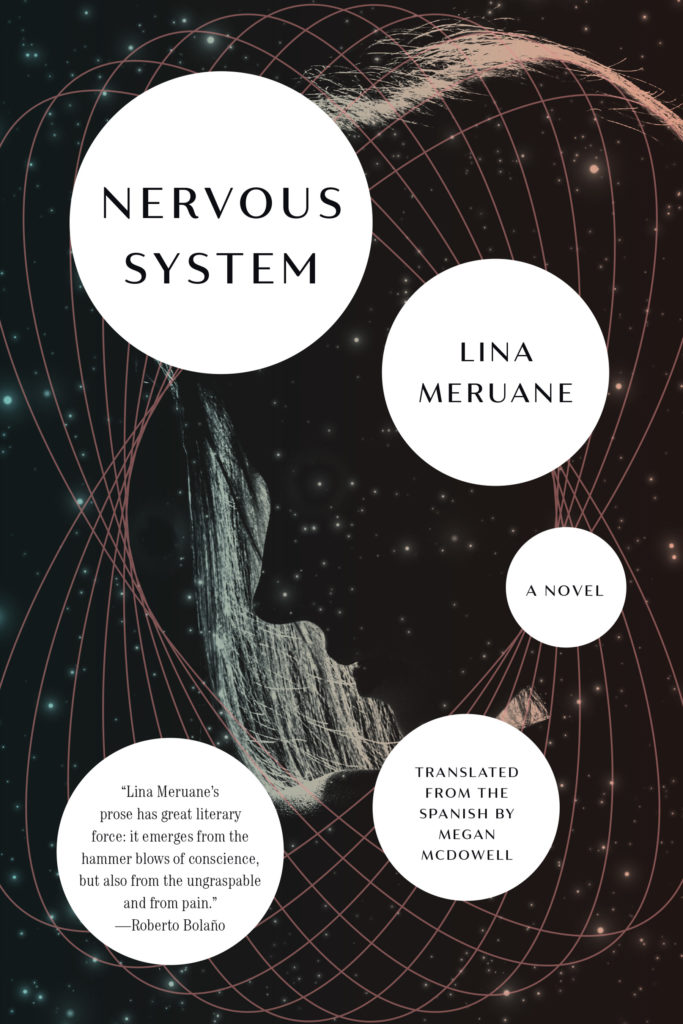
Nervous System
By Lina Meruane
Published by Graywolf Press
Ella is an astrophysicist struggling with her doctoral thesis in the “country of the present” but she is from the “country of the past,” a place burdened in her memory by both personal and political tragedies. Her partner, El, is a forensic scientist who analyzes the bones of victims of state violence and is recovering from an explosion at a work site that almost killed him. Consumed by writer’s block, Ella finds herself wishing that she would become ill, which would provide time for writing and perhaps an excuse for her lack of progress. Then she begins to experience mysterious symptoms that doctors find undiagnosable.
As Ella’s anxiety grows, the past begins to exert a strong gravitational pull, and other members of her family come into focus: the widowed Father, the Stepmother, the Twins, and the Firstborn. Each of them has their own experience of illness and violence, and eventually the systems that both hold them together and atomize them are exposed.
Lina Meruane’s Nervous System is an extraordinary clinical biography of a family, full of affection and resentment, dark humor and buried secrets, in which illness describes the traumas that can be visited not just upon the body, but on families and on the history of the countries—present and past—that we live in.
-
.
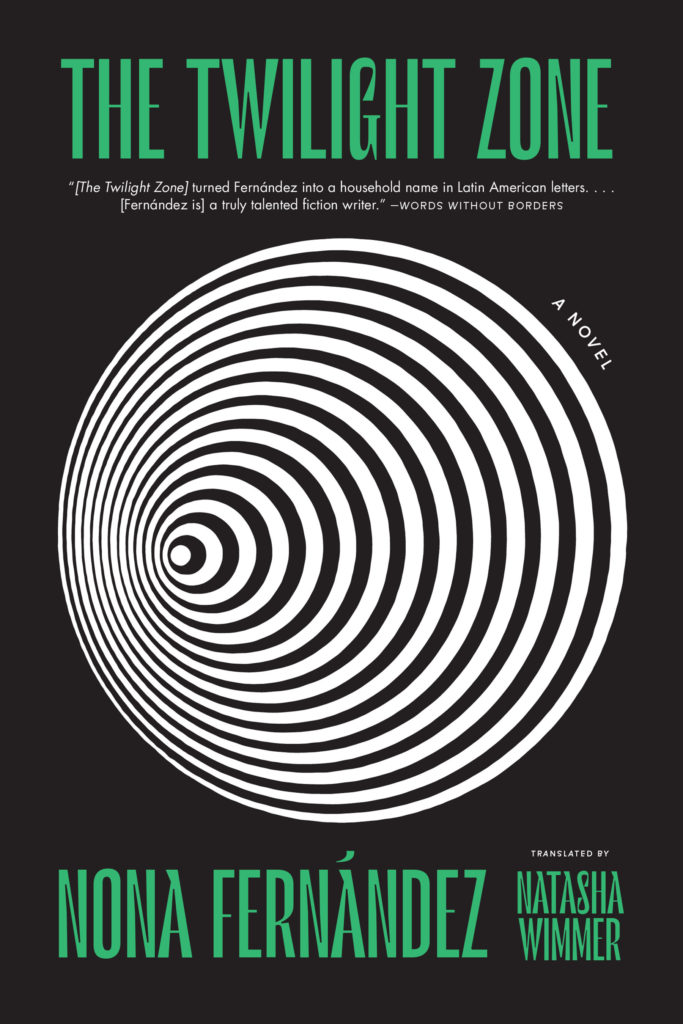
The Twilight Zone
By Nona Fernandéz
Published by Graywolf Press
It is 1984 in Chile, in the middle of the Pinochet dictatorship. A member of the secret police walks into the office of a dissident magazine and finds a reporter, who records his testimony. The narrator of Nona Fernández’s mesmerizing and terrifying novel The Twilight Zone is a child when she first sees this man’s face on the magazine’s cover with the words “I Tortured People.” His complicity in the worst crimes of the regime and his commitment to speaking about them haunt the narrator into her adulthood and career as a writer and documentarian. Like a secret service agent from the future, through extraordinary feats of the imagination, Fernández follows the “man who tortured people” to places that archives can’t reach, into the sinister twilight zone of history where morning routines, a game of chess, Yuri Gagarin, and the eponymous TV show of the novel’s title coexist with the brutal yet commonplace machinations of the regime.
How do crimes vanish in plain sight? How does one resist a repressive regime? And who gets to shape the truths we live by and take for granted? The Twilight Zone pulls us into the dark portals of the past, reminding us that the work of the writer in the face of historical erasure is to imagine so deeply that these absences can be, for a time, spectacularly illuminated.
.
